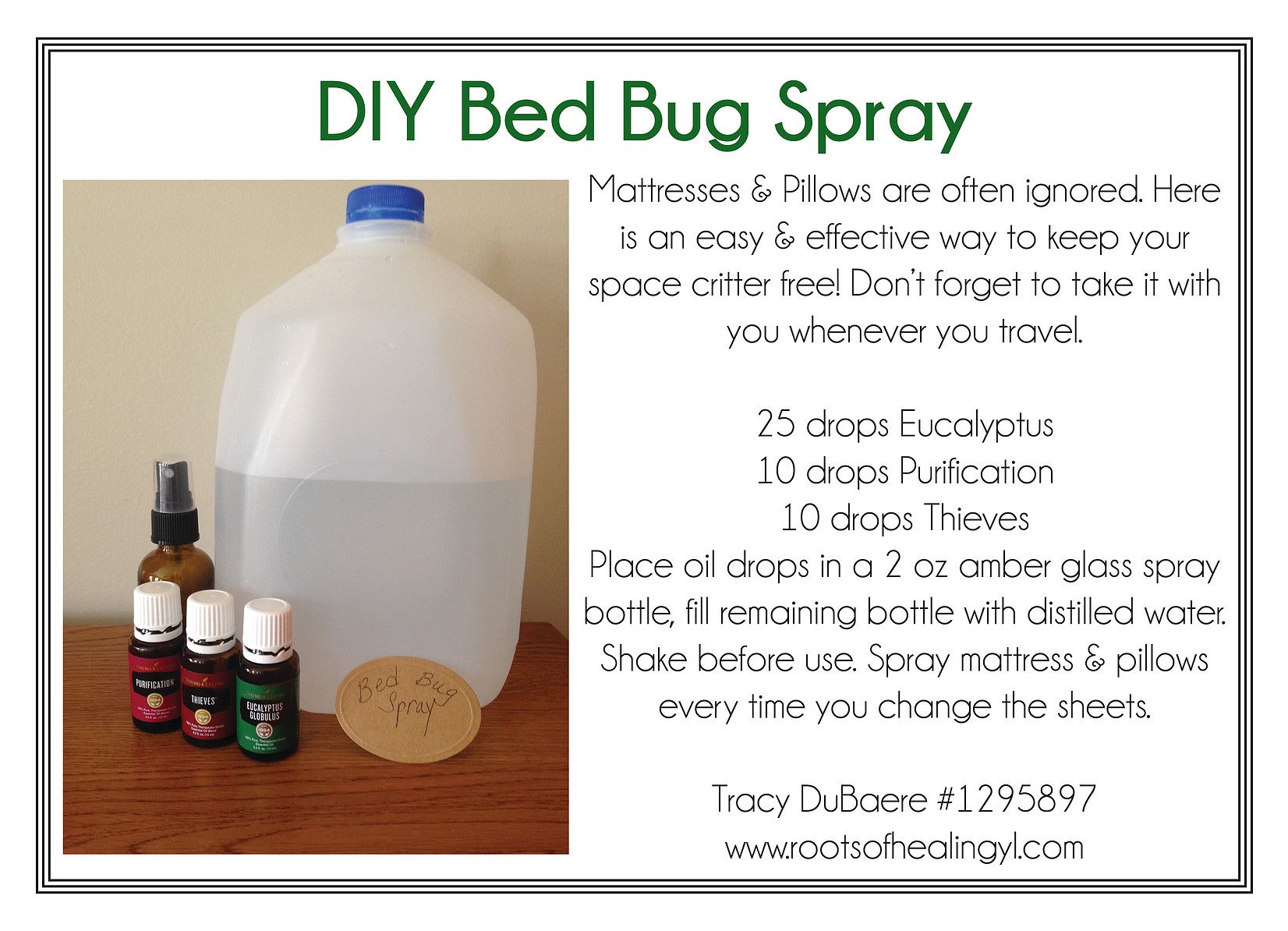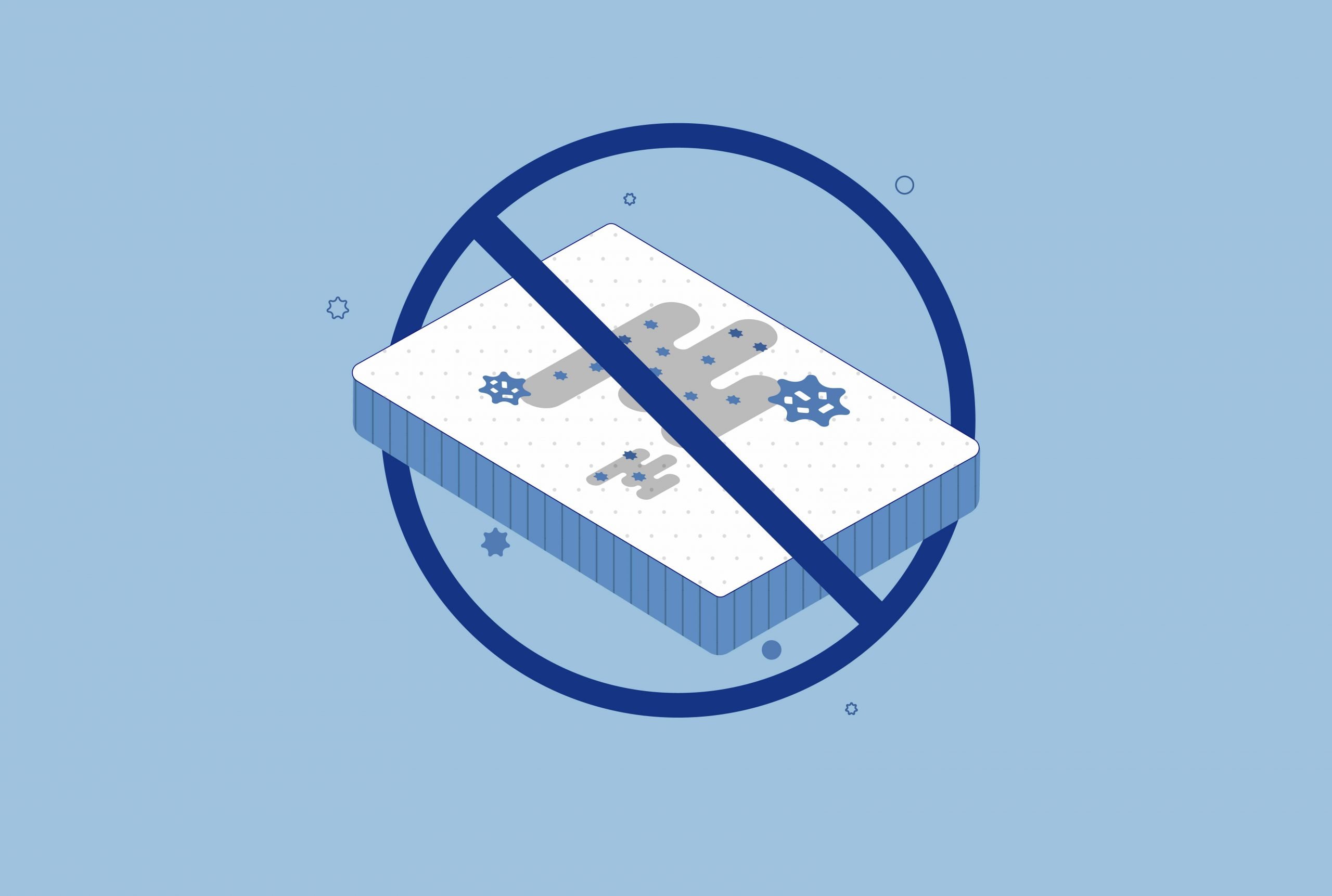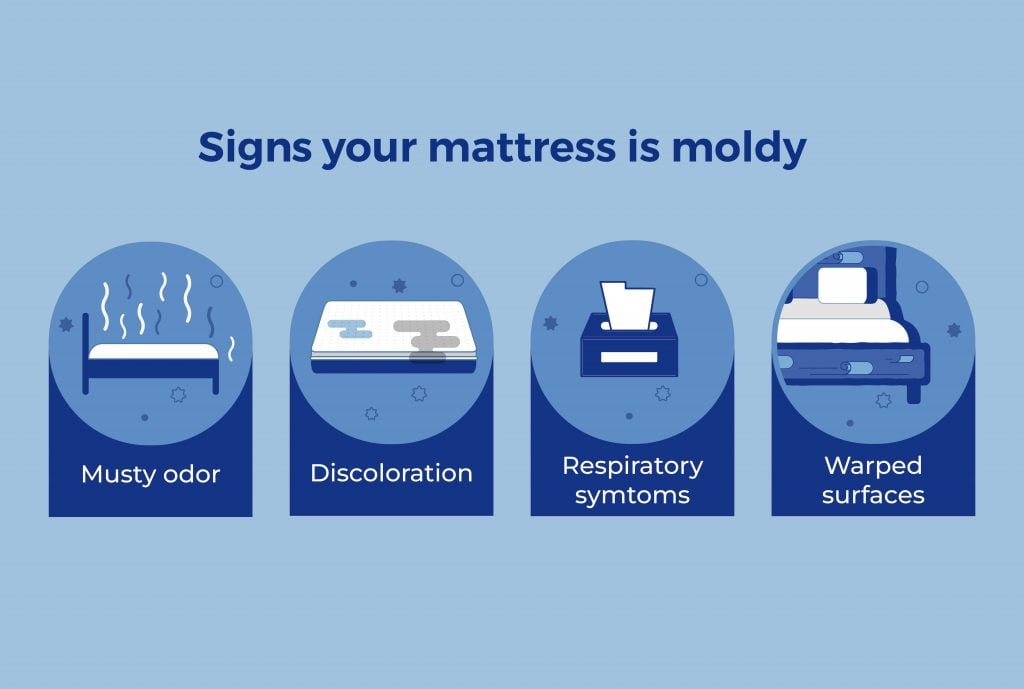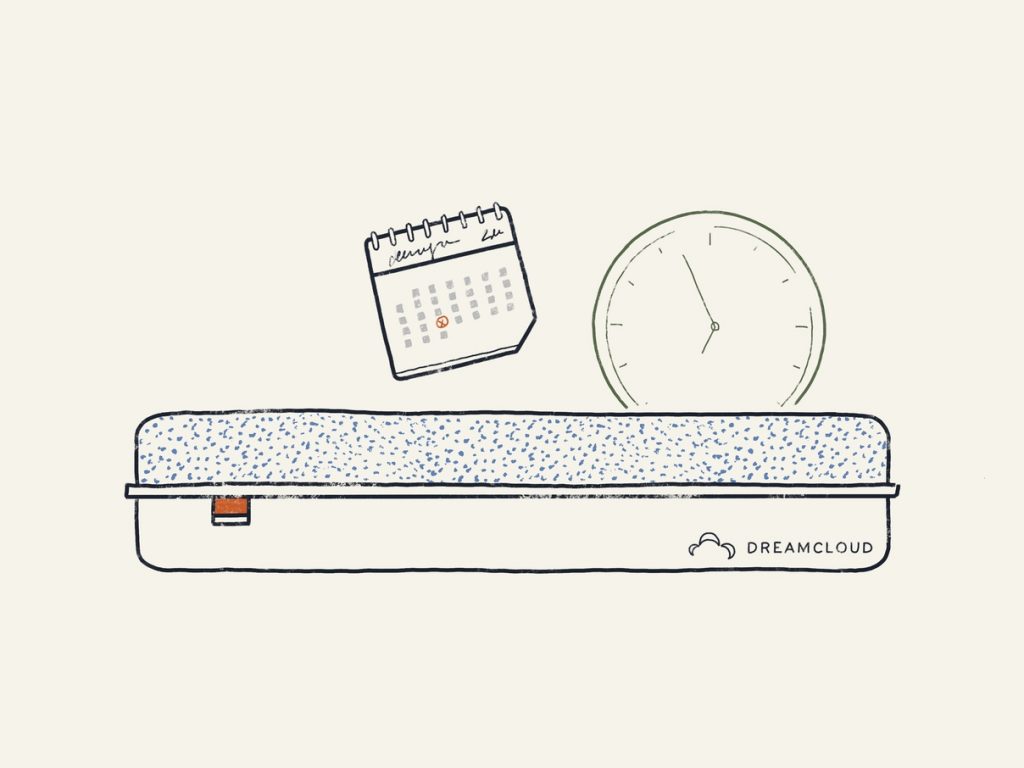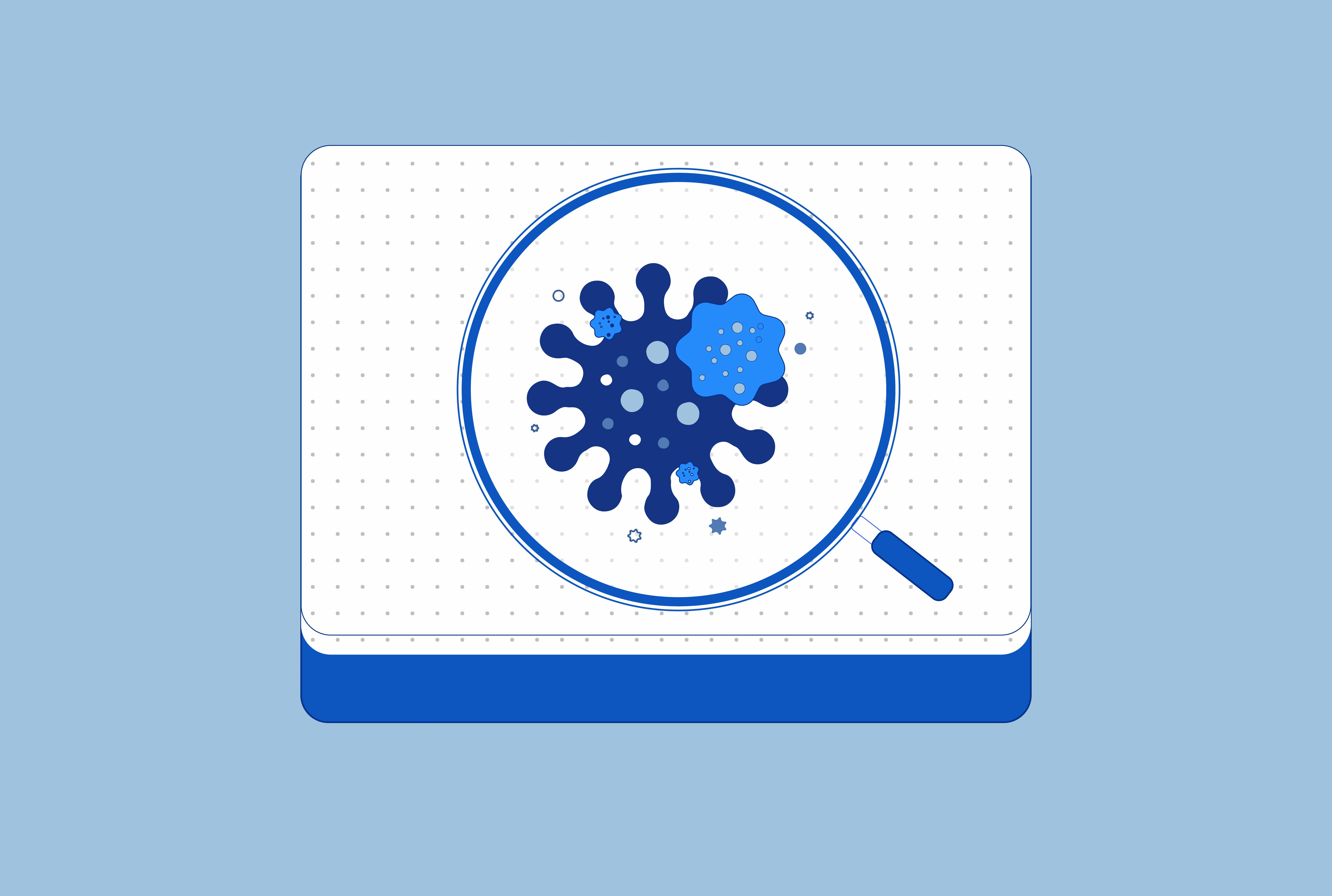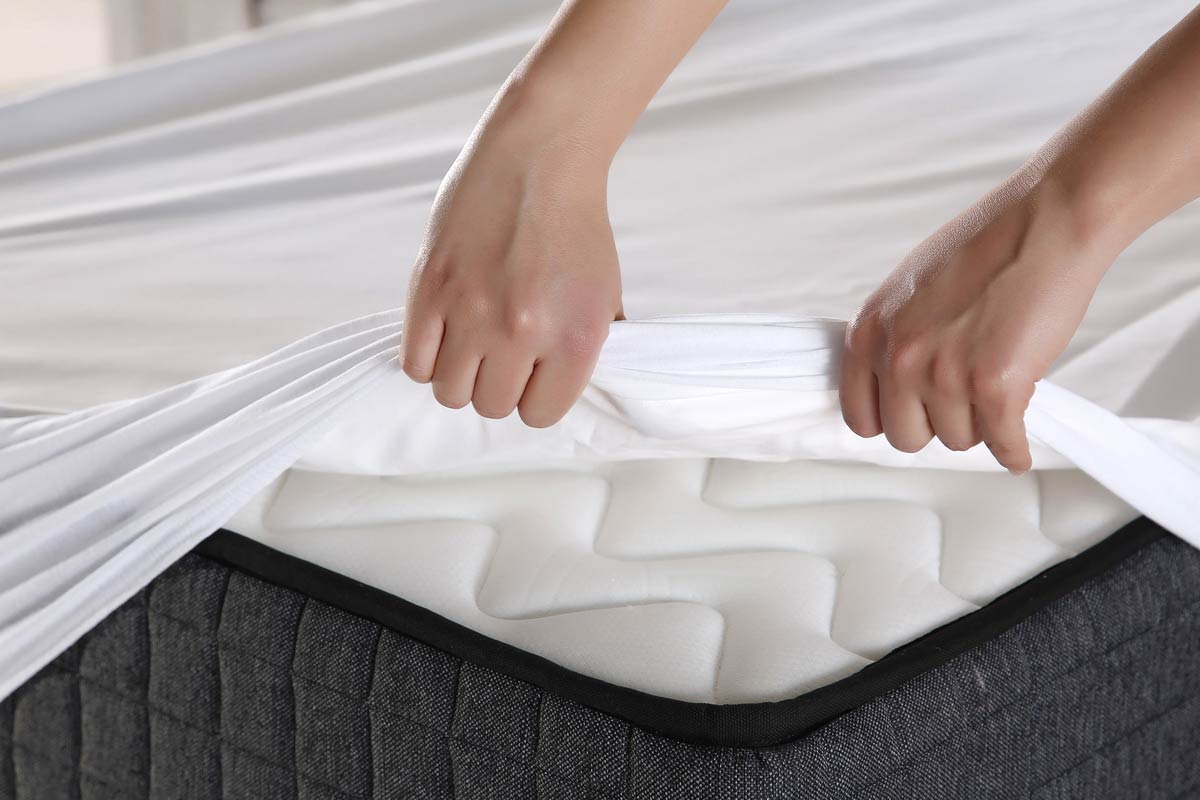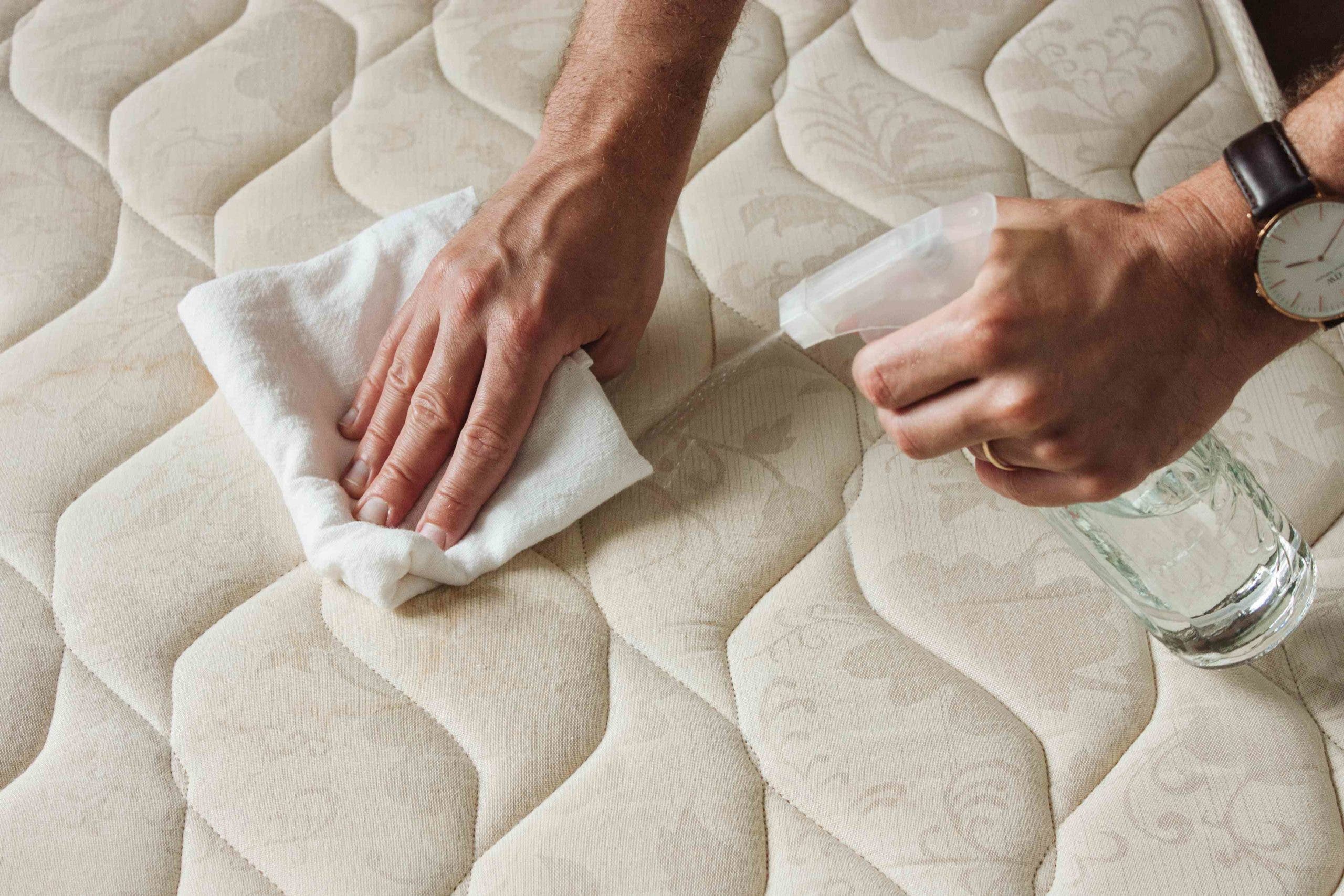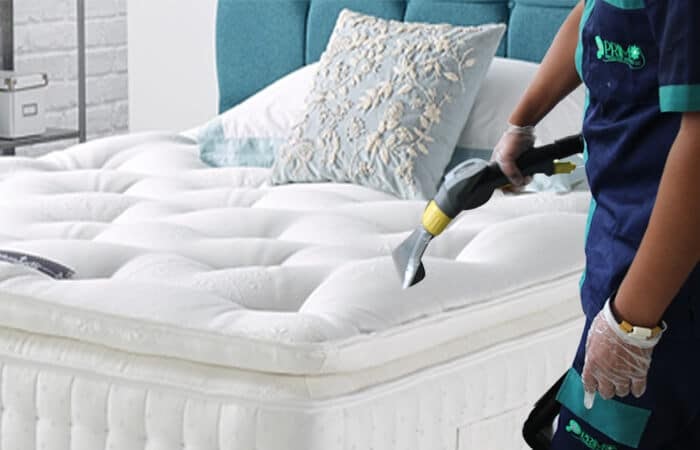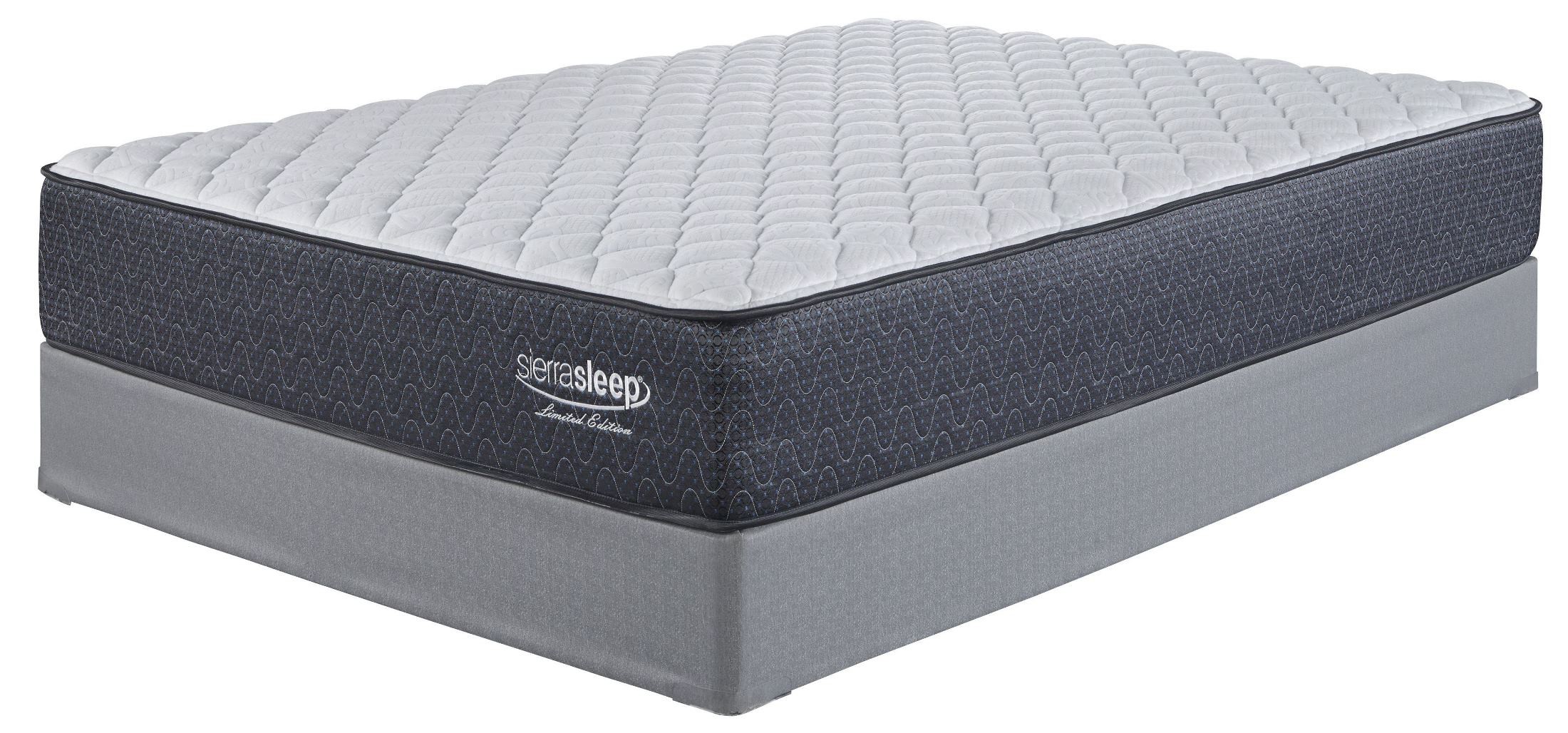How to Clean a Moldy Mattress and Get Rid of the Musty Smell
If you've noticed a musty smell coming from your mattress, it could be a sign that it's been affected by mold. Mold growth can occur on any surface that is damp and dark, making your mattress the perfect breeding ground. Not only does this make for an unpleasant sleeping experience, but it can also be harmful to your health. Here's how to clean a moldy mattress and get rid of that musty smell for good.
The Dangers of Sleeping on a Moldy Mattress
Sleeping on a moldy mattress can have serious consequences for your health. Mold can cause a variety of respiratory issues, including coughing, wheezing, and difficulty breathing. It can also trigger allergies and asthma attacks. Prolonged exposure to mold can even lead to more serious health problems, such as lung infections and chronic sinusitis. This is why it's crucial to address any mold growth on your mattress as soon as possible.
Signs You Need to Replace Your Moldy Mattress
In some cases, the mold growth on your mattress may be too extensive to clean and salvage. It's important to know when it's time to replace your moldy mattress to avoid potential health risks. Signs that your mattress may need to be replaced include visible mold growth, a musty smell that persists even after cleaning, and the presence of water stains or discoloration on the mattress. If you notice any of these signs, it's best to err on the side of caution and replace your mattress.
How to Prevent Mold Growth on Your Mattress
Prevention is key when it comes to mold growth on your mattress. To avoid the need for cleaning a moldy mattress in the future, make sure to take the following precautions:
The Health Risks of Sleeping on a Moldy Mattress
We've already mentioned the respiratory issues that can arise from sleeping on a moldy mattress, but there are other health risks to consider as well. Mold can also cause skin irritation, headaches, and fatigue. In some cases, it can even lead to neurological symptoms, such as memory loss and difficulty concentrating. These risks are especially concerning for young children, the elderly, and those with weakened immune systems.
DIY Remedies for Cleaning a Moldy Mattress
If you catch the mold growth on your mattress early, you may be able to clean and salvage it. Here are some DIY remedies for cleaning a moldy mattress:
Why You Should Never Sleep on a Moldy Mattress
Even if you're able to clean and salvage your moldy mattress, it's still not a good idea to continue sleeping on it. This is because there may still be mold spores present that can continue to grow and spread, leading to recurring mold growth. Additionally, cleaning a moldy mattress may not completely eliminate all of the mold, putting you at risk for health problems. It's best to replace your moldy mattress to ensure your safety and well-being.
How to Tell if Your Mattress is Moldy
If you're not sure whether your mattress is affected by mold, there are a few signs you can look for. These include a musty smell, visible discoloration or water stains, and any visible mold growth. You can also use a black light to check for any hidden mold on your mattress. If you're unsure, it's always better to err on the side of caution and take steps to clean or replace your mattress.
Steps to Take if You've Been Sleeping on a Moldy Mattress
If you've been sleeping on a moldy mattress, it's important to take immediate action to protect your health. Here are some steps you should take:
The Importance of Regularly Cleaning and Maintaining Your Mattress
Prevention is key when it comes to avoiding mold growth on your mattress. Regularly cleaning and maintaining your mattress can help prevent moisture buildup and the growth of mold. This includes vacuuming your mattress, rotating it every few months, and using a mattress protector. By taking good care of your mattress, you can ensure a clean and healthy sleeping environment for years to come.
The Dangers of Sleeping on a Moldy Mattress

Introduction
 When it comes to designing our homes, we often focus on the aesthetics and functionality of our furniture and decor. However, one important aspect that is often overlooked is the mattress we sleep on. We spend a third of our lives in bed, and the quality of our sleep has a direct impact on our overall health and well-being. Unfortunately, many people are unknowingly sleeping on a moldy mattress, which can have serious consequences on their health. In this article, we will explore the dangers of sleeping on a moldy mattress and why it is crucial to prioritize the cleanliness and maintenance of our mattresses.
When it comes to designing our homes, we often focus on the aesthetics and functionality of our furniture and decor. However, one important aspect that is often overlooked is the mattress we sleep on. We spend a third of our lives in bed, and the quality of our sleep has a direct impact on our overall health and well-being. Unfortunately, many people are unknowingly sleeping on a moldy mattress, which can have serious consequences on their health. In this article, we will explore the dangers of sleeping on a moldy mattress and why it is crucial to prioritize the cleanliness and maintenance of our mattresses.
The Hidden Dangers of Mold
 Mold is a type of fungus that thrives in warm, damp, and dark environments. It can grow on various surfaces, including walls, floors, and even mattresses. Mold spores are invisible to the naked eye and can easily spread through the air, making it difficult to detect. When exposed to mold for extended periods, individuals may experience a range of health issues, including respiratory problems, allergies, and skin irritation. For people with pre-existing respiratory conditions or weakened immune systems, the effects of mold can be even more severe.
Mold is a type of fungus that thrives in warm, damp, and dark environments. It can grow on various surfaces, including walls, floors, and even mattresses. Mold spores are invisible to the naked eye and can easily spread through the air, making it difficult to detect. When exposed to mold for extended periods, individuals may experience a range of health issues, including respiratory problems, allergies, and skin irritation. For people with pre-existing respiratory conditions or weakened immune systems, the effects of mold can be even more severe.
Mold on Mattresses
 Mattresses are the perfect breeding ground for mold. They absorb sweat, dead skin cells, and other bodily fluids, providing the ideal environment for mold to grow. Additionally, if a mattress is in a humid or poorly ventilated room, mold growth can be accelerated. This is especially common in older mattresses that have not been regularly cleaned or replaced. Mold on a mattress can be difficult to spot, but some signs to look out for include musty odors, discoloration, and visible growth on the surface.
Mattresses are the perfect breeding ground for mold. They absorb sweat, dead skin cells, and other bodily fluids, providing the ideal environment for mold to grow. Additionally, if a mattress is in a humid or poorly ventilated room, mold growth can be accelerated. This is especially common in older mattresses that have not been regularly cleaned or replaced. Mold on a mattress can be difficult to spot, but some signs to look out for include musty odors, discoloration, and visible growth on the surface.
The Consequences of Sleeping on a Moldy Mattress
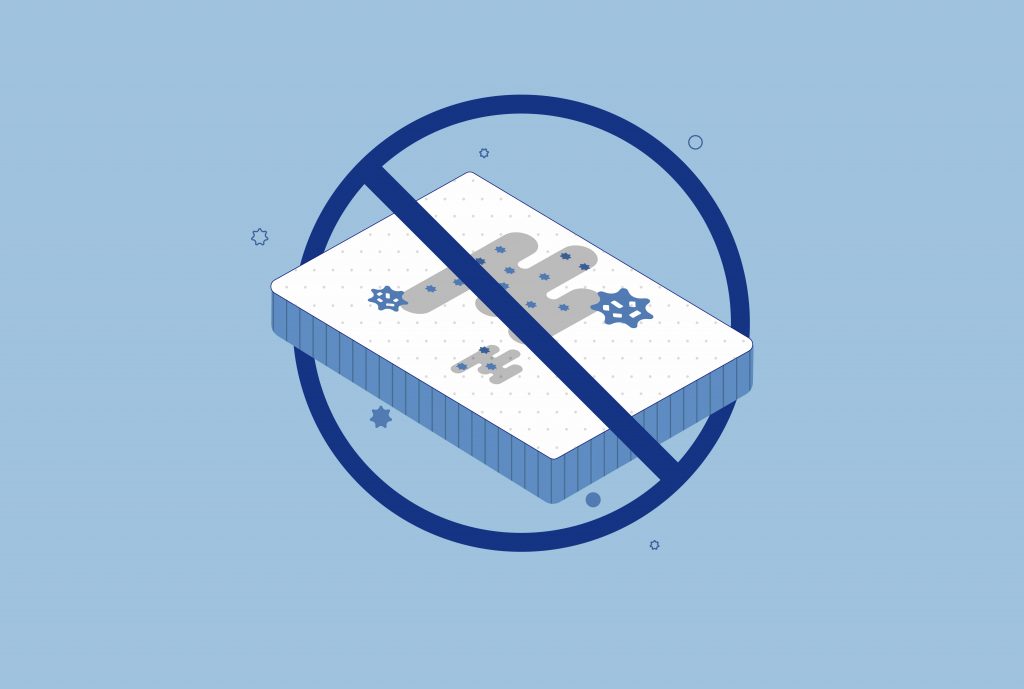 Sleeping on a moldy mattress can have serious consequences for your health. As you sleep, you are in close contact with the mold spores, which can lead to respiratory problems, allergic reactions, and skin irritation. In addition, mold can weaken the structural integrity of the mattress, causing it to sag and lose support. This can lead to poor sleep quality, back pain, and discomfort. Furthermore, mold can spread to other areas of your home, making it a more extensive and costly problem to deal with.
Sleeping on a moldy mattress can have serious consequences for your health. As you sleep, you are in close contact with the mold spores, which can lead to respiratory problems, allergic reactions, and skin irritation. In addition, mold can weaken the structural integrity of the mattress, causing it to sag and lose support. This can lead to poor sleep quality, back pain, and discomfort. Furthermore, mold can spread to other areas of your home, making it a more extensive and costly problem to deal with.
The Importance of Regular Mattress Maintenance
 To avoid the dangers of sleeping on a moldy mattress, it is essential to prioritize its cleanliness and maintenance. Regularly vacuuming and airing out your mattress can help prevent mold growth. You should also use a mattress protector to prevent sweat and other bodily fluids from seeping into the mattress. If you notice any signs of mold, it is crucial to take immediate action and either clean or replace the mattress. It is recommended to replace your mattress every 7-10 years to ensure a clean and healthy sleep environment.
To avoid the dangers of sleeping on a moldy mattress, it is essential to prioritize its cleanliness and maintenance. Regularly vacuuming and airing out your mattress can help prevent mold growth. You should also use a mattress protector to prevent sweat and other bodily fluids from seeping into the mattress. If you notice any signs of mold, it is crucial to take immediate action and either clean or replace the mattress. It is recommended to replace your mattress every 7-10 years to ensure a clean and healthy sleep environment.
Conclusion
 In conclusion, sleeping on a moldy mattress can have severe consequences on your health and well-being. It is essential to regularly clean and maintain your mattress to prevent mold growth and ensure a safe and comfortable sleep environment. By prioritizing the cleanliness of your mattress, you can improve your overall health and enjoy a better quality of sleep. Don't overlook the importance of your mattress when it comes to designing your home.
In conclusion, sleeping on a moldy mattress can have severe consequences on your health and well-being. It is essential to regularly clean and maintain your mattress to prevent mold growth and ensure a safe and comfortable sleep environment. By prioritizing the cleanliness of your mattress, you can improve your overall health and enjoy a better quality of sleep. Don't overlook the importance of your mattress when it comes to designing your home.
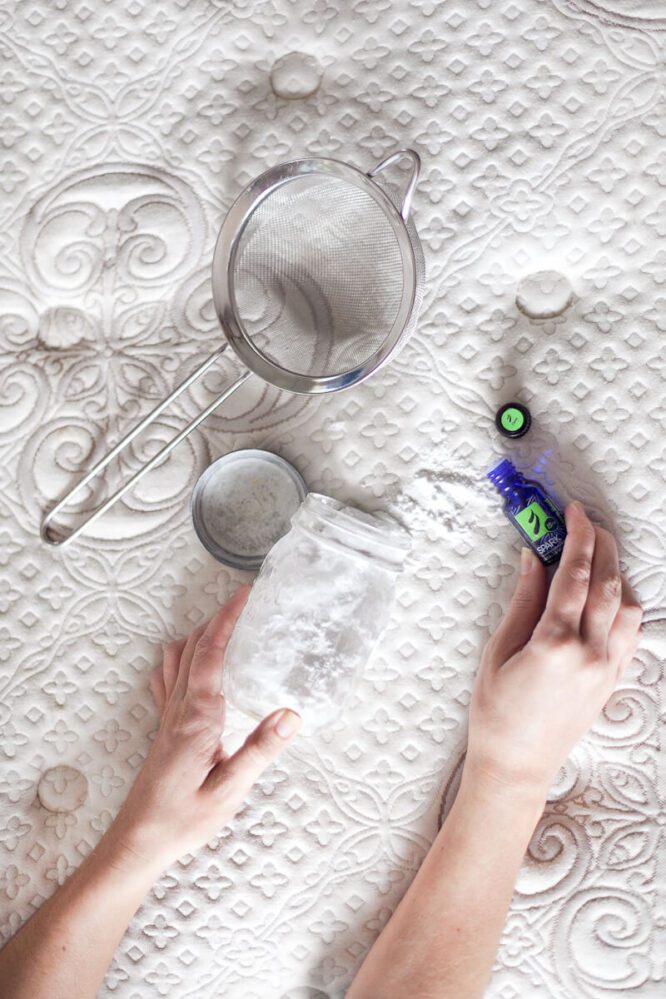













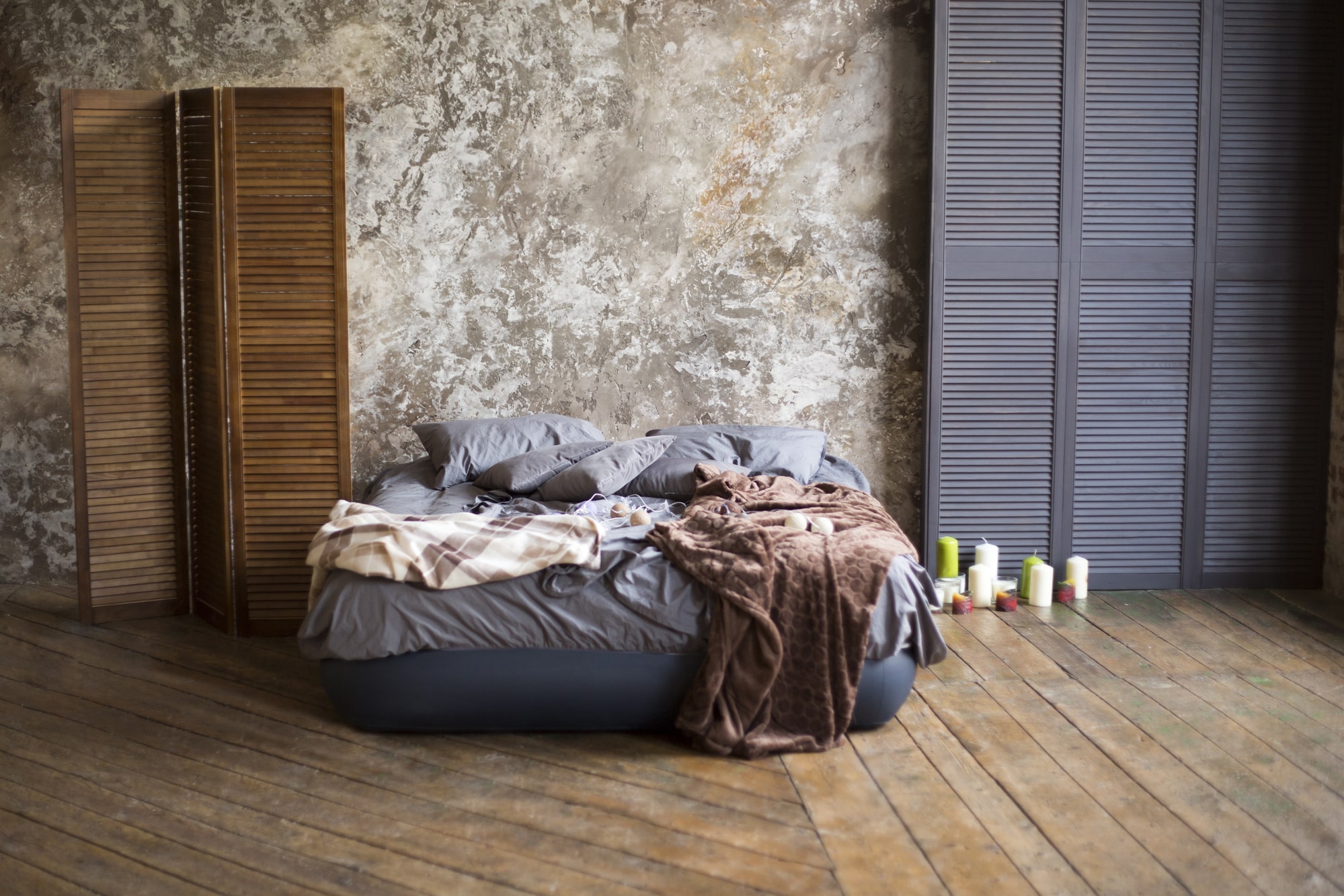




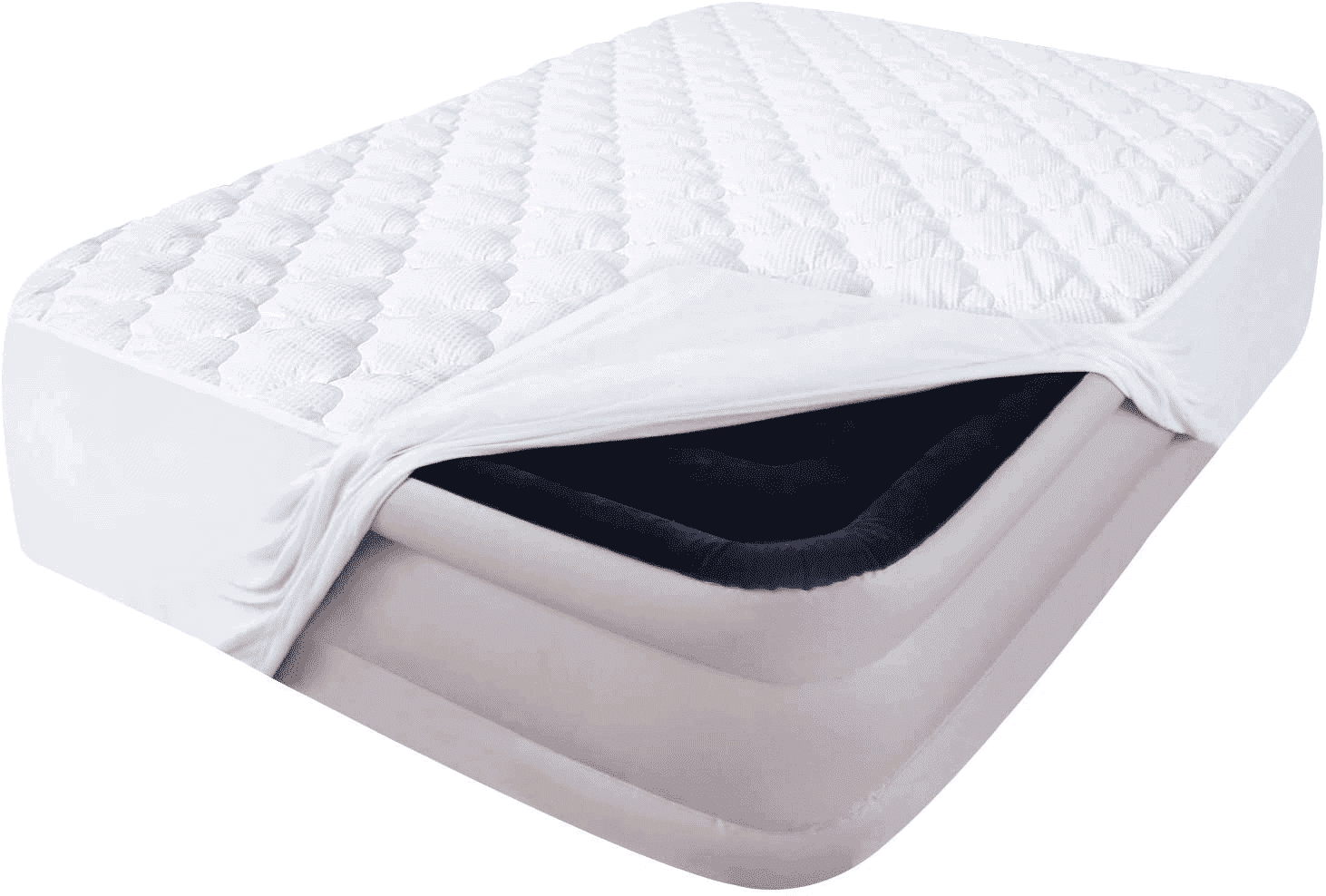



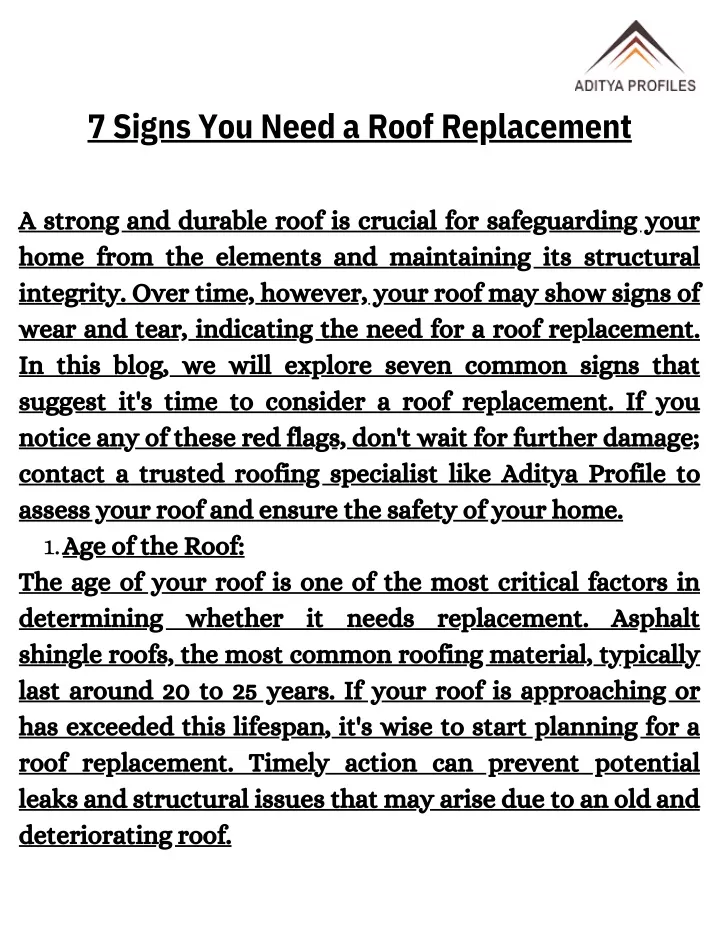






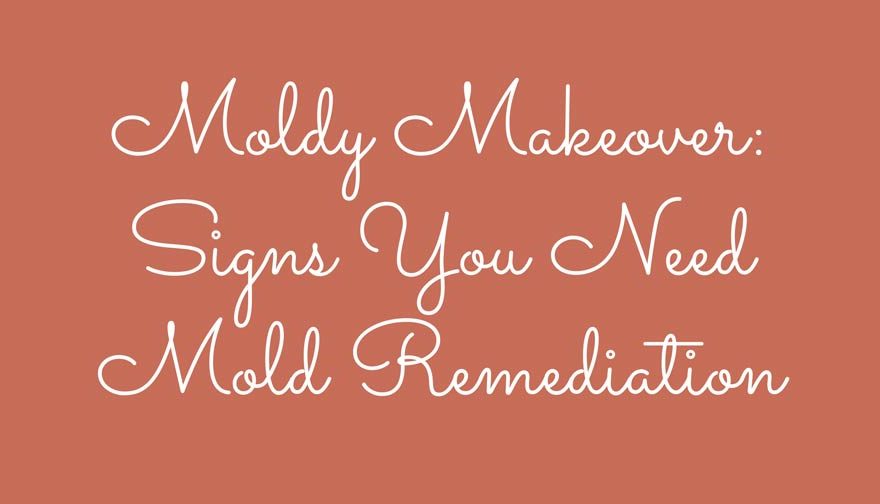
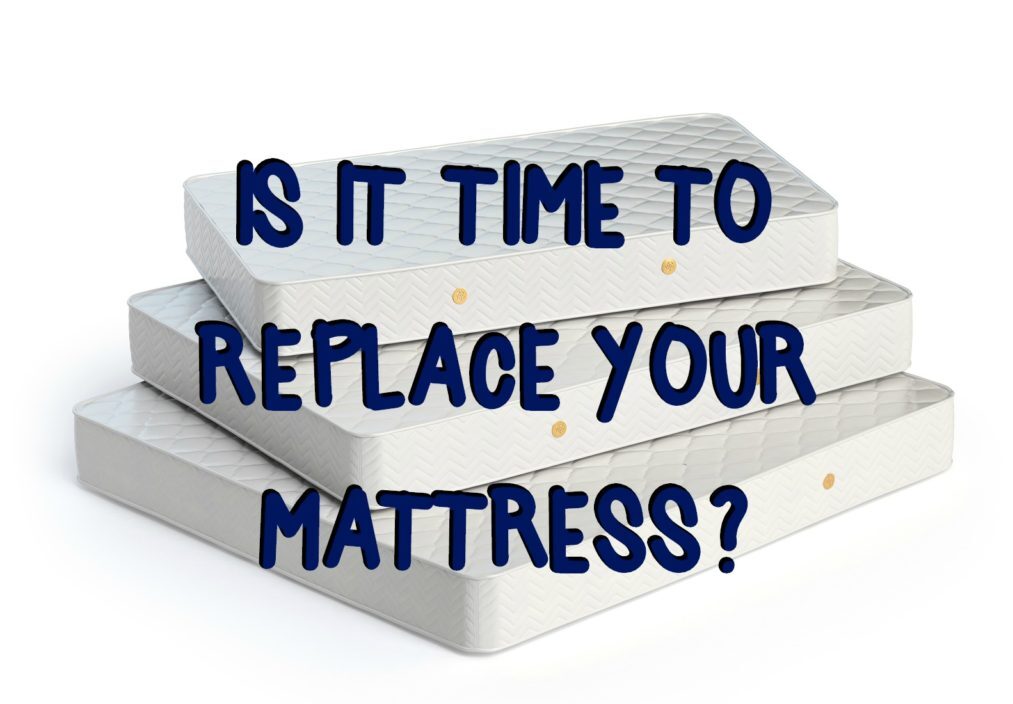



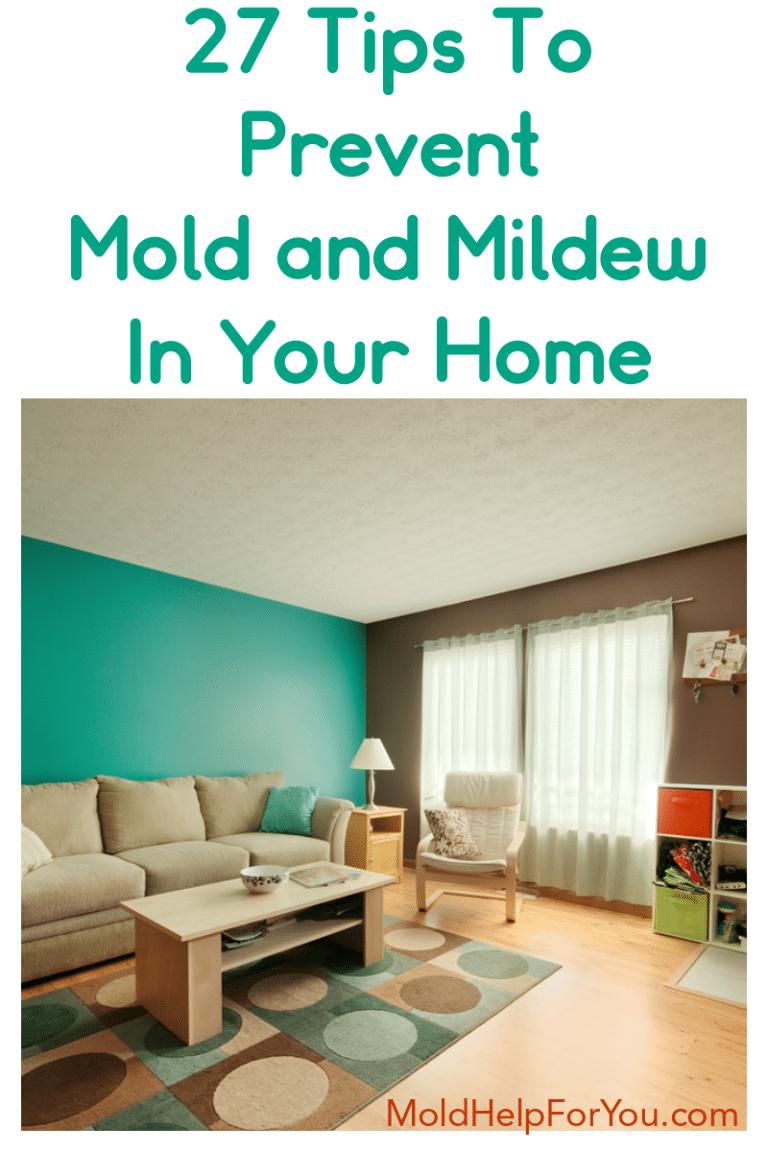

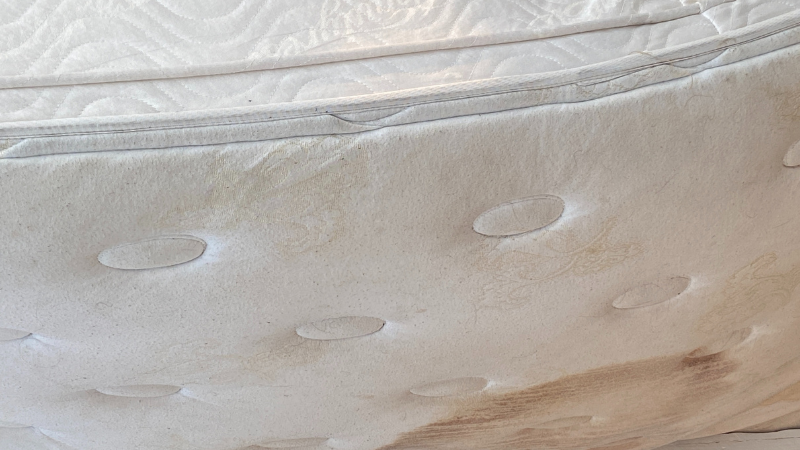
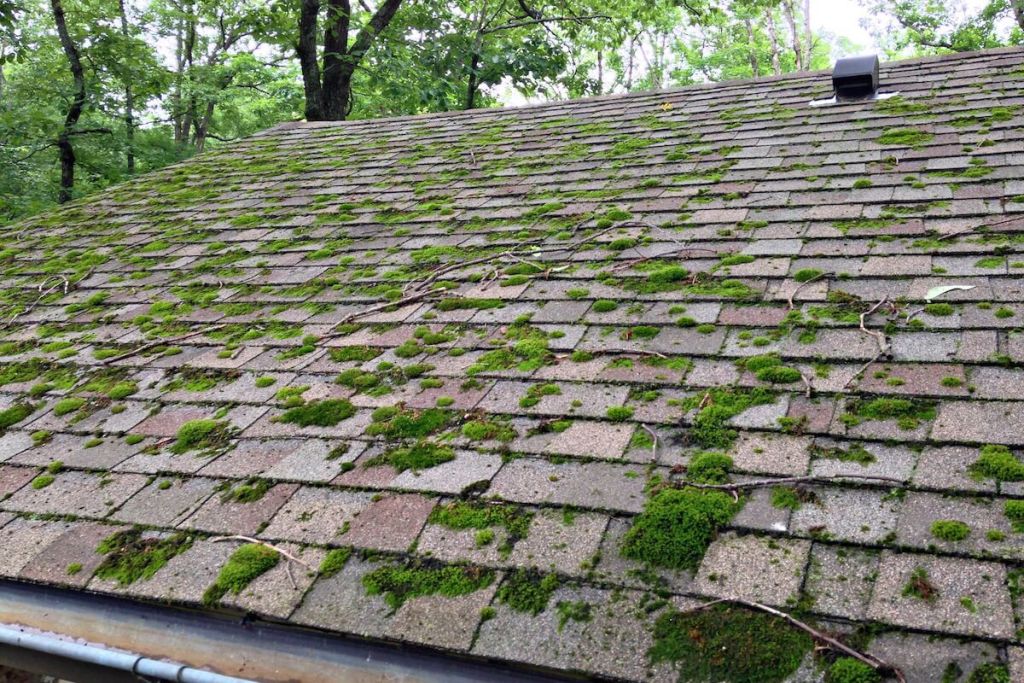
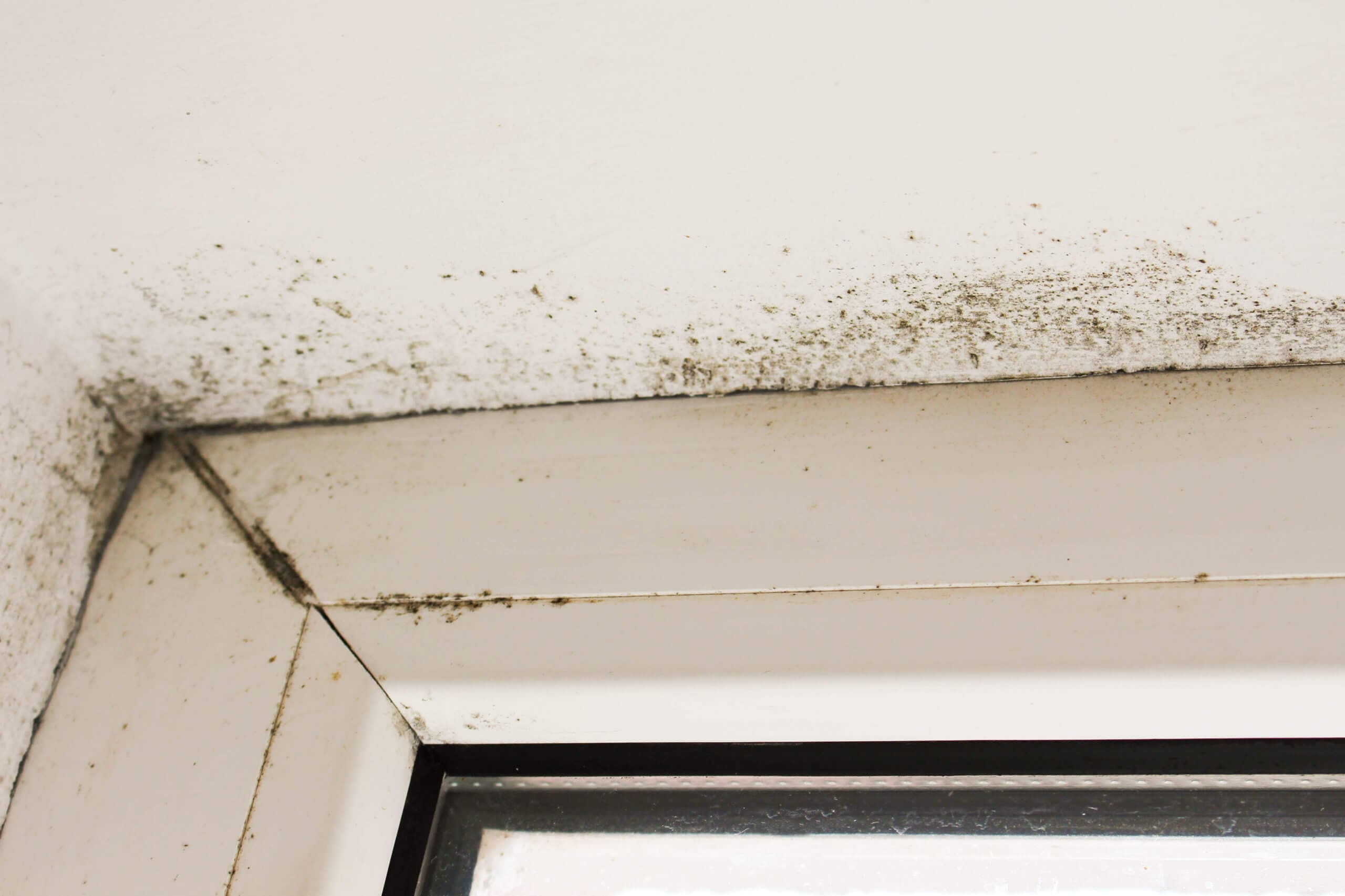
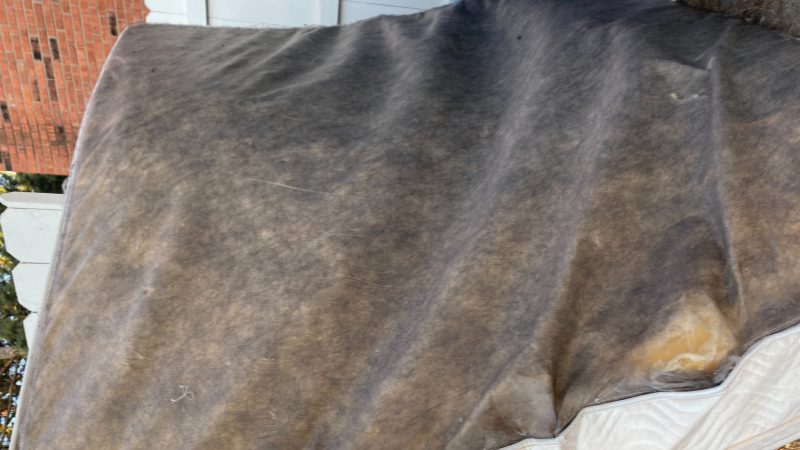


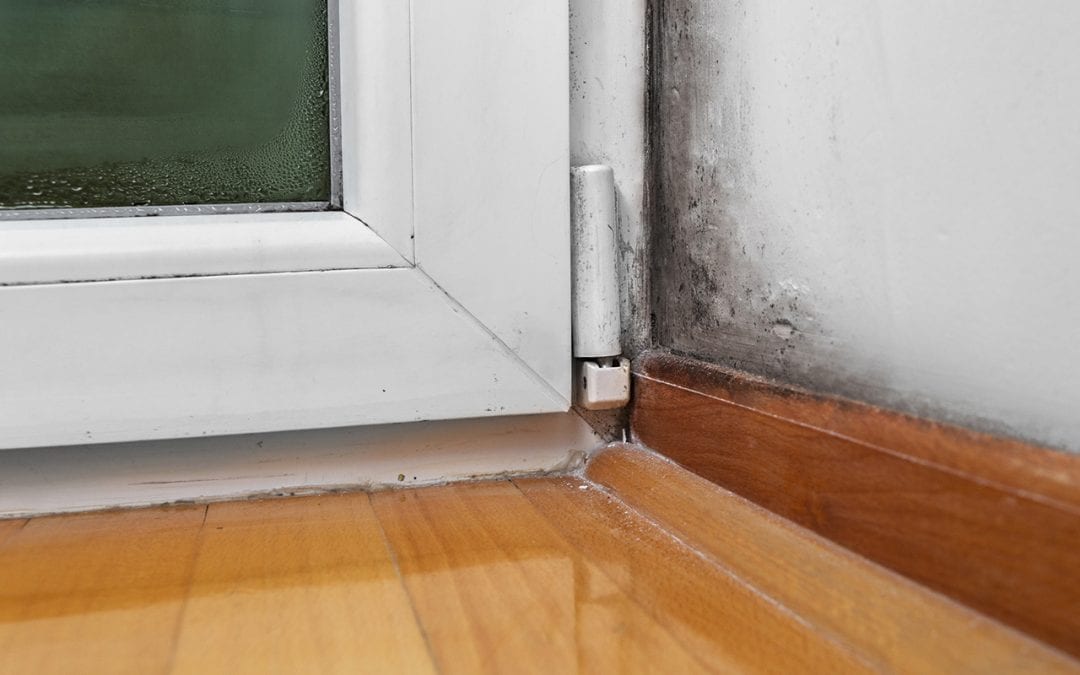




:max_bytes(150000):strip_icc()/what-are-the-symptoms-of-sleep-deprivation-3015161_color4-5b42c4ddc9e77c00374089b8.png)











